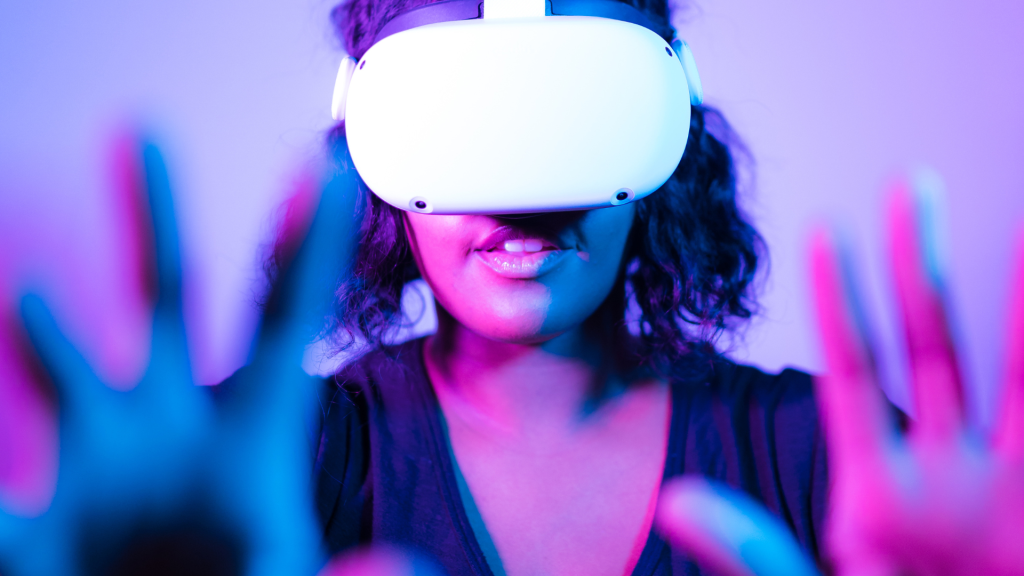Unlocking the Future of Education: The Power of Virtual Reality
Introduction
The field of education is continually evolving, with technological advancements playing a pivotal role in reshaping our learning and teaching approaches. One of the most promising innovations in this context is Virtual Reality (VR). VR extends beyond mere gaming and entertainment; it holds the potential to revolutionize education. In this blog, we will delve into how VR can effectively enhance the educational experience, introducing novel ways of learning that were previously considered unattainable.
1. Immersive Learning Environments
Conventional classroom settings often struggle to fully engage students. Nevertheless, VR offers a solution by providing immersive learning environments. Through VR, students can step into historical events, embark on journeys to distant planets, or even navigate through the intricacies of the human body. This immersive learning experience not only imparts information but also injects excitement and memorability into the learning process.
Visualize history lessons where students can immerse themselves in European history by walking through ancient ruins, experiencing Renaissance art, or even participating in historical re-enactments. These immersive environments inject enjoyment into learning while simultaneously enhancing knowledge retention.
2. Enhanced Engagement and Focus 
A persistent challenge in education is maintaining students & attention and engagement. VR addresses this challenge by creating interactive and captivating content. When students don a VR headset, they immerse themselves in a world that demands their full attention. This heightened engagement naturally translates into improved focus and a deeper understanding of the subject matter.
3. Safe and Controlled Experiments
In subjects such as chemistry and physics, conducting experiments can be fraught with risks and expenses. VR offers a secure and cost-effective avenue for simulating experiments. Students can manipulate virtual chemicals, observe chemical reactions, and even learn from their mistakes, all without real-world consequences. This hands-on experience not only enhances comprehension but also reinforces scientific principles and concepts.
4. Global and Historical Exploration
VR opens the doors to global and historical exploration. Students can take virtual field trips to historical sites, museums, and landmarks worldwide. This kind of experiential learning transcends geographical limitations, allowing students to gain cultural insights and historical perspectives that would otherwise be inaccessible.
5. Personalized Learning Pathways
VR can adapt to individual learning styles and paces. It can offer customized lessons, assessments, and feedback tailored to each student's needs. This personalized approach ensures that learners receive the support and challenges necessary for their unique educational journeys.
6. Simulated Professional Environments
For vocational and technical education, VR can simulate professional environments, allowing students to gain practical skills and experience. Aspiring mechanics, architects, or culinary students can practice their craft in virtual settings that mimic real-world challenges, improving their readiness for the workforce.
7. Collaboration and Communication
VR facilitates collaborative learning and communication among students regardless of their physical locations. Through virtual classrooms and group projects, students can work together, share ideas, and develop essential teamwork skills, preparing them for the collaborative demands of the modern workplace.
Conclusion
In conclusion, Virtual Reality (VR) holds immense potential to elevate traditional teaching methodologies by introducing immersive learning environments that invigorate learning, infuse enjoyment, and enhance memorability. Furthermore, it offers a secure platform for students to conduct experiments in subjects such as chemistry and physics, promoting deeper comprehension and reinforcing scientific principles. By integrating VR into education systems worldwide, we unlock the future of education, characterized by global exploration, tailored learning, and immersive preparation for real-world challenges.




